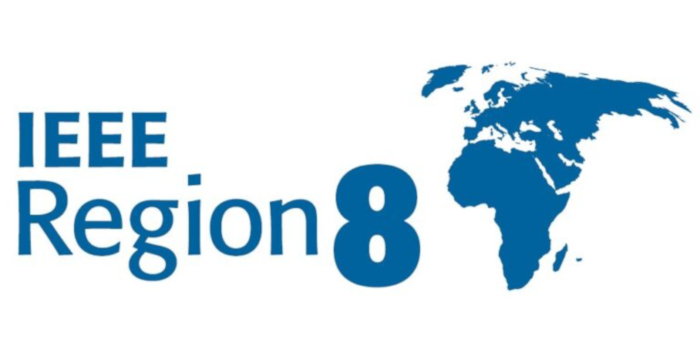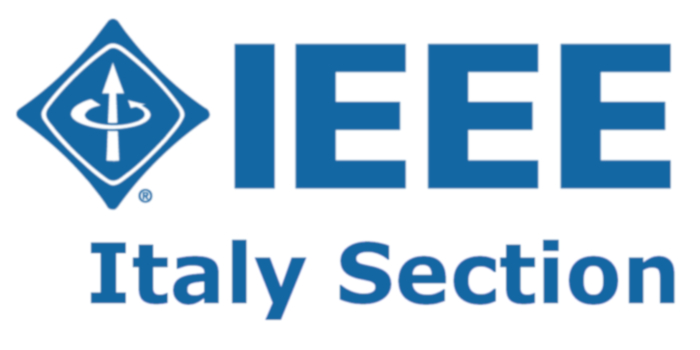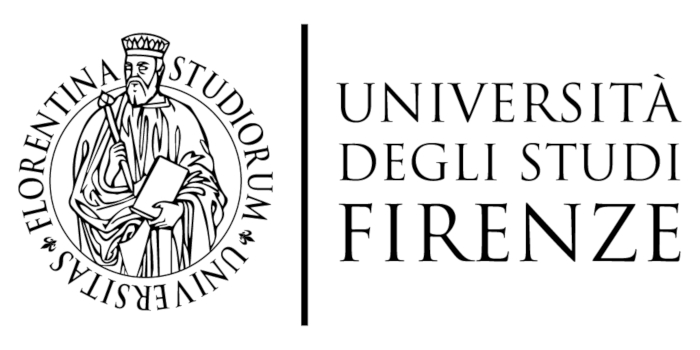SPECIAL SESSIONS
SPECIAL SESSION #1
High tech developments in the history of radio astronomy
Organized by: P. Bolli, INAF, L. Feretti, INAF
After the first serendipitous discovery of radio waves of cosmic origin by Karl Jansky in 1933, radio astronomy became a recognized science field only after the second World War. In that period, high-sensitive radio telescopes were built throughout the World, with England, Australia, US, Russia, The Netherlands, Germany, Italy and India playing a primary role. This session aims to present some of the most remarkable developments in high-tech engineering to satisfy the demanding needs of radio astronomers.
SPECIAL SESSION #2
Museums and collections and new technologies for creating catalogues and exhibitions
Organized by: A. Savini, IEEE History Center
In memoriam of Paolo Brenni, a prominent scholar who devoted his life to discover, study and restore relics of science and technology
The current fast evolution of science and technology urges existing museums to update their heritage and new specialized museums to be created. At the same time new challenges are offered to catalogue and to display products of the evolution of science and technology both in the fast and recent past.
The Session will discuss this broad area with reference to traditional museums up to virtual ones.
SPECIAL SESSION #3
From the gigahertz dream to mobile wireless: how the seeds of 5G were planted
Organized by: G. Masini, Ericsson Sweden
Wireless communication is one of the most pervasive technologies in today’s society; mobile communications in particular has transformed the way we live, learn, and work. But the “seeds” of current wireless technologies were planted decades ago. Wireless has leveraged the research on wave propagation at higher and higher frequencies as well as the increased hardware capabilities (the use of mm-wave bands in terrestrial and space systems and massive MIMO in 5G are just two examples). By reflecting on how we got to where we are, we can also try to better understand future trends.
SPECIAL SESSION #4
The Italian contribution to the progress in information and communication technologies
Organized by: M. Decina, Poly. of Milan and G. Falciasecca, Univ. of Bologna
The most relevant contributions from Italian Scientists and Engineers to the development of the ICT should be presented, starting with the birth of the modern cryptography during the XV and XVI Centuries, up to including the remarkable R&D works carried out in fields such as the early radio systems and the telecommunication network digitalization.
SPECIAL SESSION #5
Italian academia and Italian industry in the early stages of computers
Organized by: G. Bucci, University of Florence
In the late fifties Italy entered in the field of computer science with notable projects which involved research institutions and industry. Computers were built in Pisa and in Padua, Olivetti participated in the development of the two machines designed by the University of Pisa and, by 1960, was able to start its own line of commercial products, the Elea computers.
SPECIAL SESSION #6
Radar History
Organized by: A. Farina, Leonardo S.p.A. Consultant, Rome, Italy
The special session will focus on the history of radar systems development and related technologies. Land, naval, airborne, drone and space-borne radar are of interest to the special session. Hardware technologies as well as signal and data processing techniques related to radar will be in line with the purpose of the session. Telecommunication systems sometimes in their developments have gone in parallel with radar systems, thus also these cases are welcome in the special session.
SPECIAL SESSION #7
Radio and Light Science in Russia and the Soviet Union (from А.S. Popov to nowadays)
Organized by: Vladimir O. Gladyshev, Head of the Faculty of Fundamental Sciences, Bauman Moscow State Technical University
Innocenzo M. Pinto, retired professor of Electromagnetics, OSA Fellow
Milestone contributions by Russian and former Soviet-Space Scientists to the development of Radio and Optical Science and Technology are reviewed, with specific reference to paradigms fields, and emphasis on their originality and impact on current frontier research.




